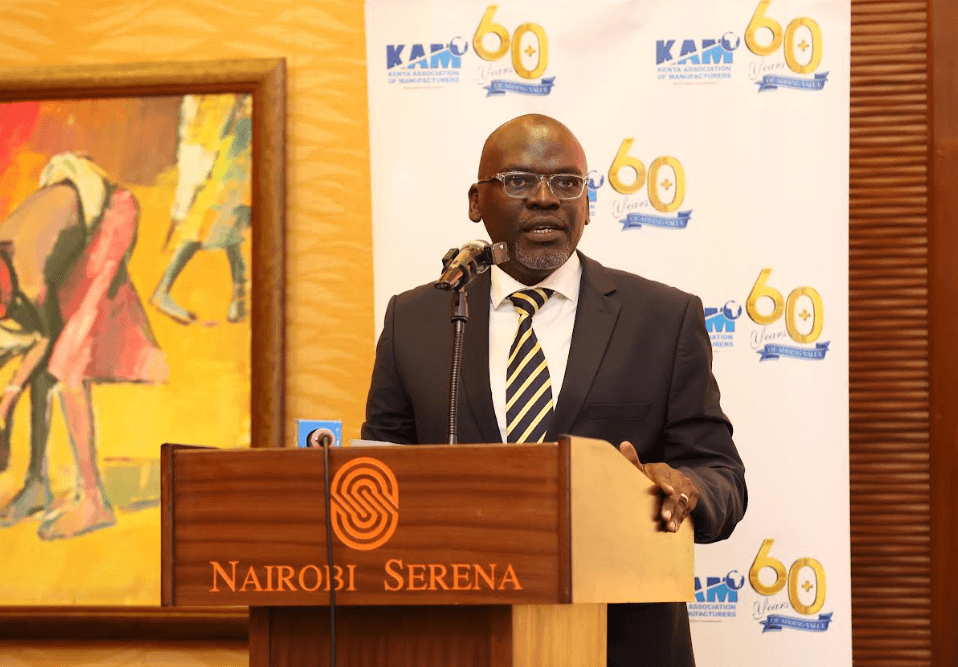
Tanzanian industrialist Rostam Aziz has scored a big win after a Mombasa court gave his firm the green light to establish a Liquefied Petroleum Gas (LPG) plant in Likoni.
The Environment and Land Court struck out a petition by two Likoni residents, who had challenged the construction of the 30,000 metric tonnes metric tonnes of LPG terminus at the Dongo Kundu Special Economic Zone.
In their affidavits, Mohammed Karungu and Raphael Nyiro had claimed that the construction of the LPG terminus would have adverse environmental and land use impacts, including depreciation of the environment.
The Sh16 billion project is being undertaken by Taifa Gas Limited, whose founder and chairman is Tanzanian industrialist Rostam Aziz.
The company had raised preliminary objections to the petition, asking the court to strike it out.
It argued that the matter had been conclusively determined by the National Environmental Tribunal, and that it could only be before the Environment and Land Court as an appeal and not a fresh petition.
Justice Stephen Kibunja agreed with the firm and upheld its objection, ruling that the issues in the petition were the same as those in the National Environmental Tribunal, hence the matter was 'res judicata' (having been adjudicated upon and determined).
“The finding that the respondent’s preliminary objection on the grounds of res judicata is upheld suffices to determine the petition and application. Accordingly, the petitioners’ petition and application are struck out,” Justice Kibunja ruled.
Tifa Gas Investment SEZ Limited had argued that the petitioners had fully participated in the tribunal appeals and were presenting the same grievances and evidence in the guise of a constitutional petition, yet the same issues had already been adjudicated upon by the tribunal.
It was also the company’s argument that the court did not have the original jurisdiction to rehear matters already determined by the tribunal. It said the petition was premature, arguing that the petitioners had failed to exhaust all the statutory mechanisms.
The petitioners opposed the project, arguing it was being undertaken in blatant disregard of environmental safeguards and constitutional provisions.
They said the company was clearing indigenous and natural trees and vegetation and excavating the land to provide space for LPG tanks for their plant, an action they said would not only lead to soil erosion but also cause massive degradation of the environment.
They said clearing vegetation would interfere with coral rock and negatively affect the ecosystem around the land.
“The petitioners also contend that the construction of a pipeline will ruin the fishing grounds, which is a source of livelihood for the local population.
The court in its analysis, however, found that the petitioners were only questioning the process and status of the project, and that the matter was not essentially about their constitutional rights and freedoms.
“The petitioners’ claim in this petition is, therefore, not a constitutional petition but a challenge on the respondents Environmental Impact Assessment (EIA) licence to the project,” the court ruled.
As such, the court found that the right forum for the petitioners to seek relief was the National Environmental Tribunal, from where they would approach the court through an appeal.
“What the petitioners should have done is to apply for joinder or substitution after judgment and file an appeal on the tribunal’s decision,” the judge ruled.
The ruling clears the way for the company to proceed with its construction of the gas plant terminus at Dongo Kundu.
In a statement issued after the November 12 ruling, Taifa Gas said the court had reaffirmed the legality and procedural integrity of its storage terminal project at the Dongo Kundu Special Economic Zone.
“This ruling is not only a vindication of our commitment to due process and environmental responsibility but also a milestone for Kenya’s energy transition,” said Rostam Aziz, the company’s founder.
The groundbreaking for the Sh16 billion project was presided over by President William Ruto in February 2023, and it is expected to create jobs and address critical gaps in Kenya’s energy sector.
















